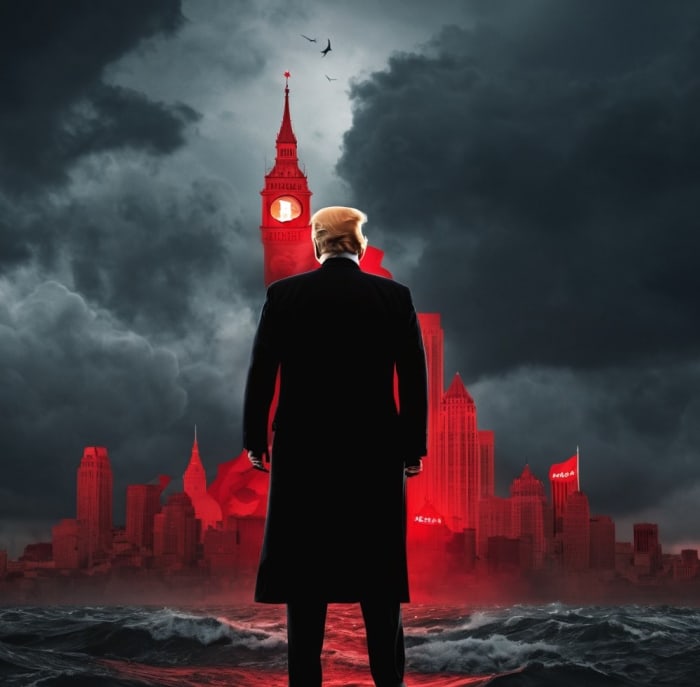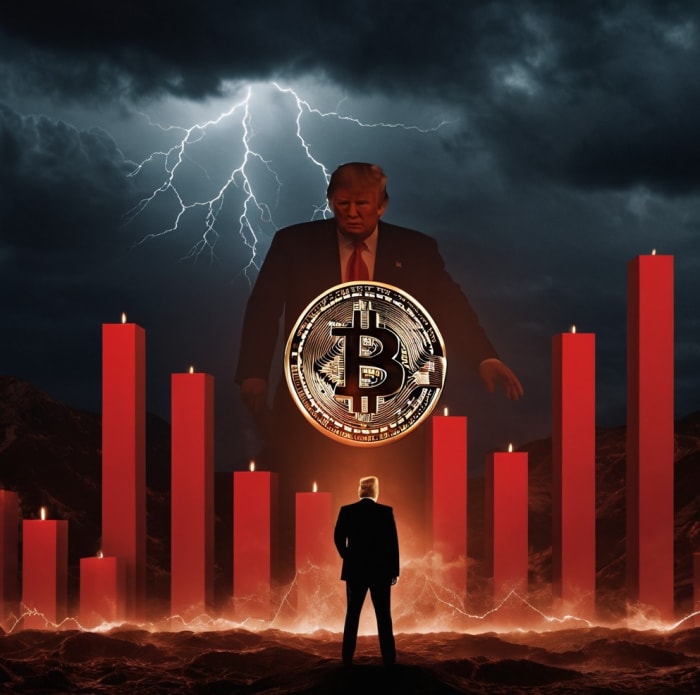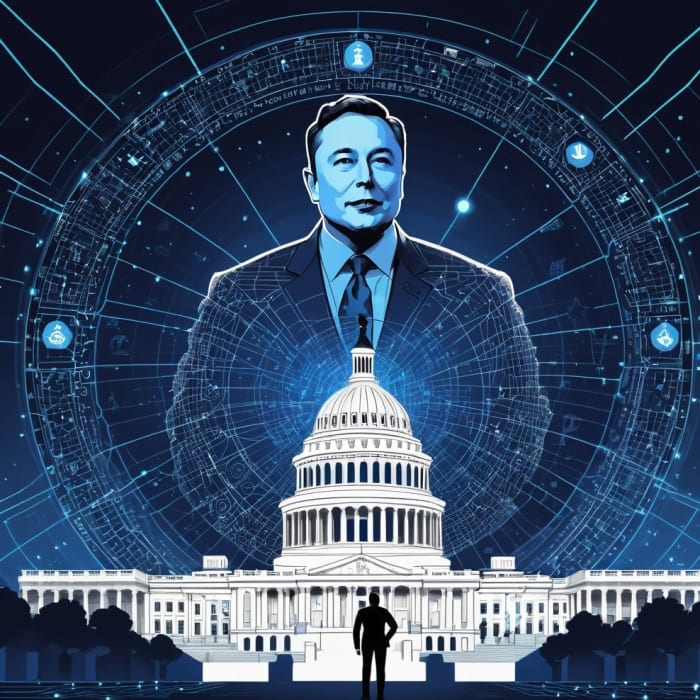
Bitcoin Plunges Below $100K: Trump's Trade War Sends Shockwaves Through Crypto Markets
The cryptocurrency market experienced a dramatic downturn today as Bitcoin (BTC) fell below the psychological $100,000 threshold, sending shockwaves through the entire digital asset space. While market volatility is nothing new in the crypto world, this particular decline has an unexpected catalyst: President Donald Trump's escalating global trade tensions.
The Numbers Behind the Crash
The severity of the decline becomes clear when looking at the data. According to CoinMarketCap, Bitcoin suffered a substantial 6.41% drop in just 24 hours, with the price falling to $93,341.41. This decline is particularly noteworthy given that earlier in the day, Bitcoin was trading at $100,485.89 before plummeting to a low of $91,242.89.
The magnitude of this correction becomes even more apparent when considering that just two weeks ago, Bitcoin had reached an impressive high of $109,114.88. The current price represents a significant 14% decline from that peak, highlighting the rapid shift in market sentiment.
A Wave of Liquidations
The market turbulence has led to substantial losses for traders. Data from Coinglass paints a stark picture: over $405 million in positions were liquidated in the past 24 hours alone. The breakdown of these liquidations reveals an interesting pattern, with $340 million in long positions and $65.25 million in short positions being wiped out, suggesting that most traders were caught off guard by the sudden downward movement.
The Trump Factor: Trade Wars and Crypto Markets
The connection between Trump's trade policies and Bitcoin's price movement reveals an interesting shift in how cryptocurrency markets respond to global economic events. The weekend saw President Trump implement a series of aggressive trade measures, including a 25% tariff on Mexican and Canadian imports, along with an announced 10% tariff on Chinese goods scheduled to take effect on Tuesday.
These actions prompted swift responses from the affected nations. China has already declared its intention to contest these tariffs through the World Trade Organization, while Mexico and Canada have promised retaliatory measures. This escalating trade tension has created a ripple effect that has reached far beyond traditional markets.
Breaking Traditional Safe-Haven Patterns
Perhaps the most intriguing aspect of this market movement is how it challenges the traditional narrative of Bitcoin as a safe-haven asset. Historically, Bitcoin has been viewed as a hedge against economic uncertainty and geopolitical turmoil. However, this recent price action suggests a more complex relationship between global events and cryptocurrency markets.
Chris Weston, head of research at Pepperstone, offers an insightful perspective on this phenomenon. He points out that cryptocurrency markets, being operational 24/7, serve as the only available risk expression mechanism during weekends. This unique characteristic means that crypto markets often become a proxy for broader market sentiment, especially during periods of significant global developments.
Looking Forward: Market Implications
The current situation raises important questions about Bitcoin's role in the global financial ecosystem. While the cryptocurrency has often been promoted as digital gold or a hedge against traditional market turmoil, its reaction to Trump's trade policies suggests that its market behavior might be more nuanced than previously thought.
As global trade tensions continue to evolve and markets adapt to new economic realities, investors and traders alike will need to reassess their understanding of how cryptocurrency markets interact with global economic events. This recent price action serves as a reminder that the crypto market, despite its maturation, can still be significantly influenced by traditional market forces and geopolitical events.
For market participants, this presents both challenges and opportunities. Understanding these new market dynamics will be crucial for navigating the increasingly complex relationship between traditional finance, global politics, and the cryptocurrency markets.










